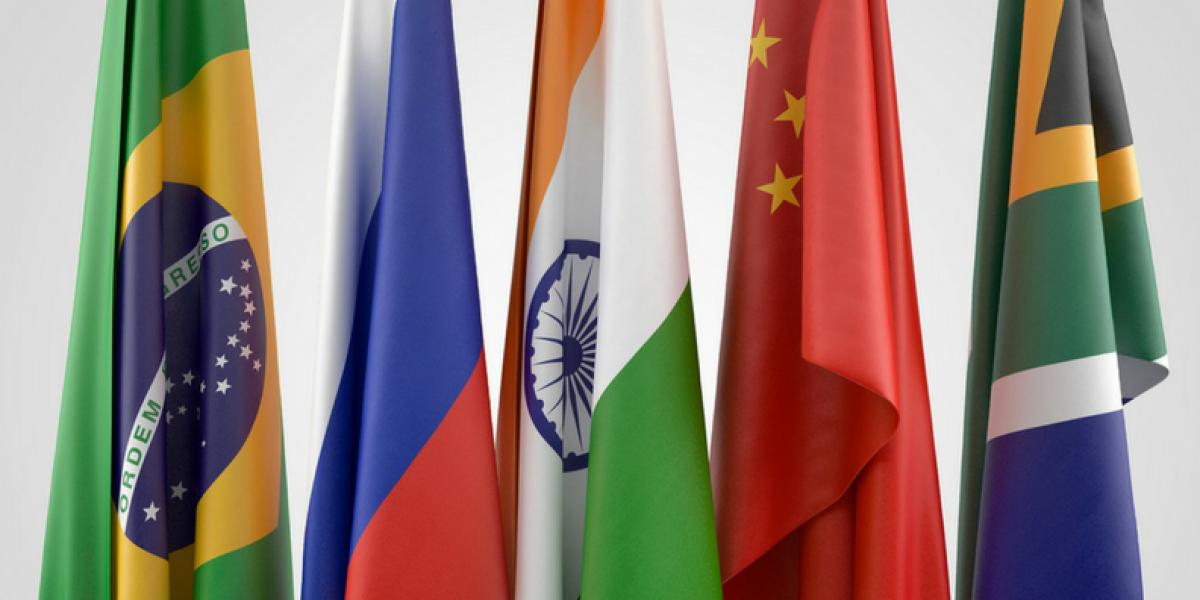International institutions such as the UN helped to shape the thinking around, and define green growth and its constituents, including economic development and social inclusion. All these concepts are of significance to Brazil, Russia, India, China and South Africa (the emerging-economy geo-political bloc known as ‘the BRICS’). This paper aims to contextualise the development of green economies in the BRICS countries, highlighting important steps the individual countries in the BRICS have taken to establish systems to support the development of a green economy. An attempt is made to explain the differing approaches BRICS countries take in developing a green economy by comparing the outcomes of the policies they have implemented, while taking into consideration their respective economic priorities. The impact of their policies on any progress made towards establishing a green economy is also evaluated.
The paper summarises the outcomes of BRICS countries’ policy approaches to developing a green economy and establishes the stage in which the BRICS countries find themselves as a collective. Generally, individual approaches driven by countries’ overarching objectives for economic development resulted in differing outcomes. While some countries have embraced the concept of a green economy, and hence implemented policies as well as taken actions to ensure its development, others are sceptical about the direction of economic transformation that could occur from the allocation of resources for the development of a green economy. The conclusion reached is that for BRICS countries to embrace the development of a green economy fully, objectives for this transformation should be strategically linked to countries’ broader economic development agenda. However, individual governments and policymakers have to agree on the nature of desired economic development outcomes that can be realised from embarking on developing a green economy, in order to establish policy to co-ordinate activities cohesively so as to achieve the projected outcomes.








